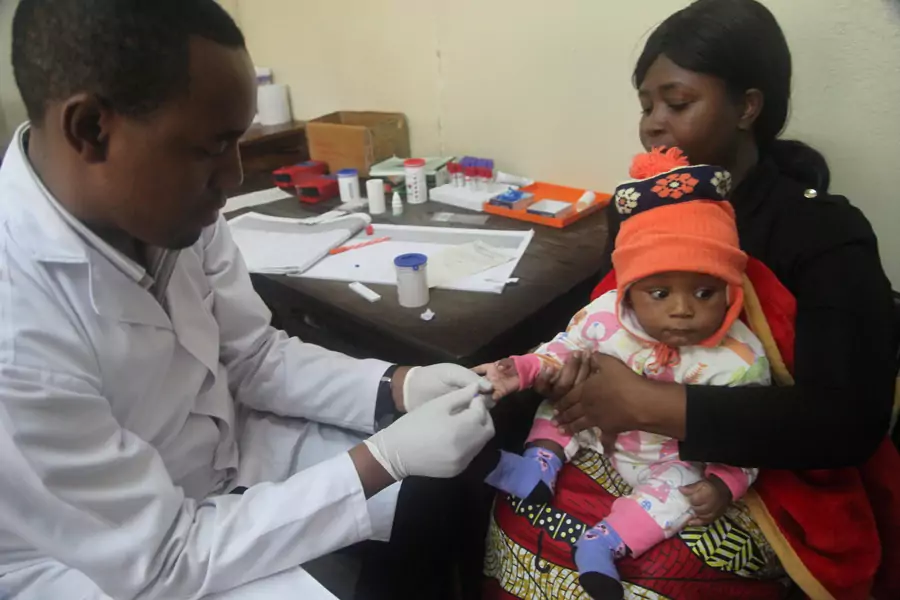Good News Emerges About a Malaria Vaccine

In Africa and elsewhere, COVID-19 dominates media attention. Yet malaria has probably killed four times as many as COVID-19 over the last year in Africa. The disease is caused by a parasite, plasmodium, not a virus or a bacterium. The disease confers no immunity and an individual can catch it repeatedly; in parts of Africa, individuals catch malaria on an annual basis. Europeans had no immunity to malaria, and the disease killed so many that it, in effect, closed West Africa to them.
The good news is that early trials of a new vaccine, R21, show an effectiveness rate of 77 percent. Still to be determined is how long the vaccine will be effective. Work on a vaccine against malaria has been underway for years, with remarkably little success. Part of the difficulty is related to the parasitic nature of the disease—parasites are more complex than viruses or bacterium. Part of the answer has been relatively low investment in the search for a vaccine by pharmaceutical companies; the disease mostly affects the poor in lower-income countries.
More on:
The new vaccine is a further development of Mosquirix, a vaccine with a 56 percent effectiveness after one year, falling to 36 percent after four years. Mosquirix was developed by GlaxoSmithKline in collaboration with the (U.S.) Walter Reed Army Institute of Research and PATH, a nonprofit health organization.
To spread, the disease requires an insect vector—a female Anopheles mosquito—and human blood. In humans, the parasite migrates to the liver and from there to the bloodstream. A mosquito can bite an infected human and then spread the disease by biting another human. In adults, the disease is rarely fatal, except among pregnant women and those with weak or compromised immune systems, and the severity of the symptoms decreases as individuals age. Fatalities are primarily among infants and children, not the elderly.
Among adults, the disease resembles influenza, with fever, chills, and fatigue. In terms of loss of human participation in the economy, malaria is a huge burden on Africa. Up to now, malaria prevention has been centered on the mosquito: insecticide-treated bed nets are an effective, low-cost intervention, while various prophylactics can also blunt the disease’s progression following infection.
More on:
 Online Store
Online Store
